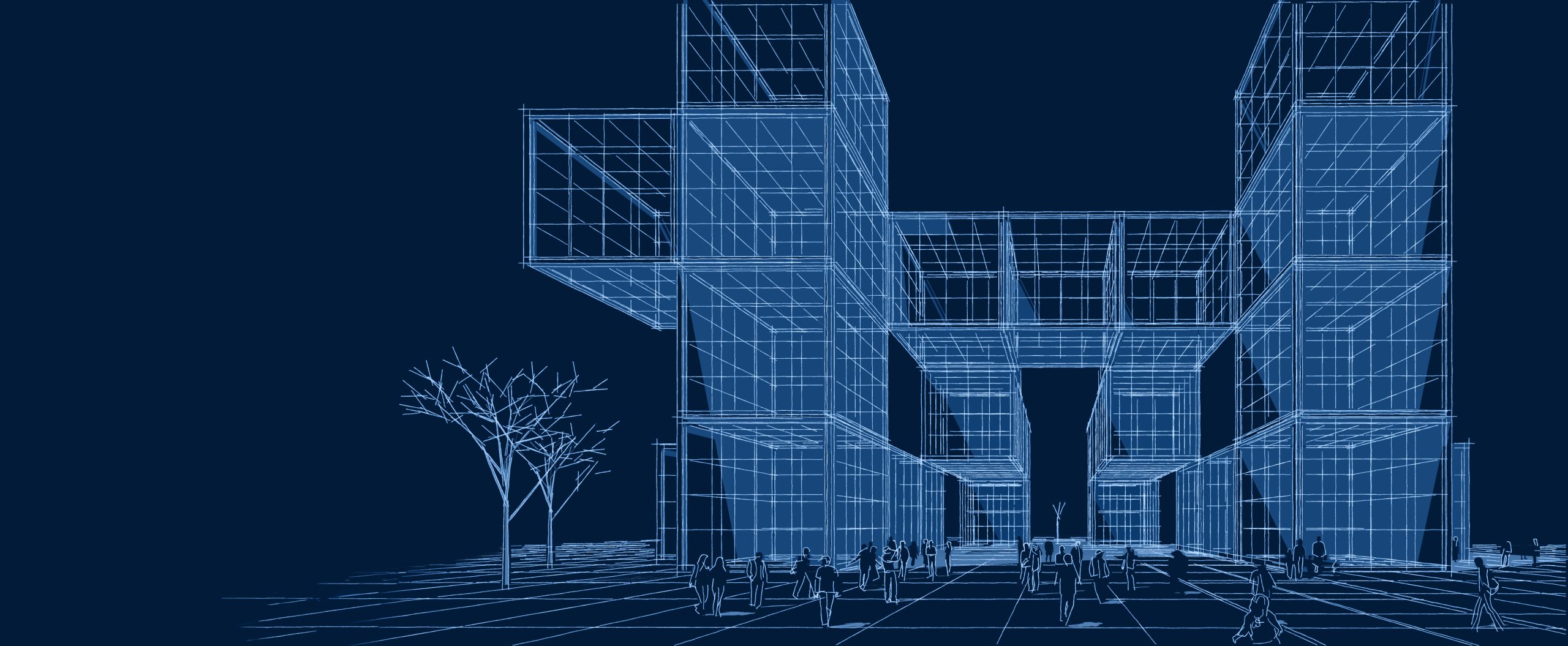Introduction
Modern Methods of Construction (MMC) represent a significant evolution in the construction and procurement landscapes. As industries across the globe, including healthcare, continue to grapple with challenges like limited budgets, the need for reliable suppliers, and time-consuming procurement processes, MMC has emerged as a promising solution. This method encompasses a range of innovative construction techniques, such as modular building and the integration of advanced systems like Nurse Call Systems, that aim to improve efficiency, reduce costs, and enhance the quality of the final product. This blog post delves into the impact of MMC on suppliers and customers, particularly within the context of healthcare procurement, exploring its implications for the industry.
Understanding the Essence of Modern Methods of Construction
Modern Methods of Construction (MMC) encapsulate a plethora of practices designed to revolutionise the building process. Encompassing techniques like modular building and the incorporation of sophisticated systems, including Nurse Call Systems, MMC seeks to redefine efficiency and sustainability in construction. By leveraging prefabrication and other innovative approaches, parts of a structure can be produced off-site in a controlled factory environment and later assembled on location. This methodology stands in stark contrast to traditional construction practices, which are often plagued by extended durations and heightened risk of budgetary excesses. Through MMC, the construction industry is witnessing a transformative shift towards minimising on-site labour, reducing waste, and significantly curtailing the time frame from conception to completion. This streamlined approach not only aligns with the pressing demands for quicker and cost-effective construction solutions but also promotes environmental sustainability and energy efficiency, heralding a new era in the construction sector.
The Economic Implications of MMC for Suppliers
The shift towards Modern Methods of Construction presents both significant opportunities and challenges for suppliers within the construction industry. On one hand, the growing demand for modular building components and advanced systems, such as Nurse Call Systems, opens up novel avenues for business expansion. Suppliers poised to meet these needs with MMC-compatible products stand to carve out a substantial niche in this evolving market landscape and benefit from improved project turn-around and the financial benefits that comes with that. On the other hand, transitioning to cater for the MMC market demands substantial initial investments in cutting-edge technologies and the reconfiguration of manufacturing processes to align with the principles of modularity and prefabrication. This transition is not merely about adopting new manufacturing techniques but also involves a strategic shift towards innovation and sustainability. Suppliers who are agile enough to navigate this shift can forge durable partnerships with construction firms and healthcare providers, tapping into a continuous stream of demand. However, this evolution is contingent upon their capacity to uphold stringent quality standards and reliability, traits that are critically valued in the MMC sphere.
Quality and Reliability in the Age of MMC
The hallmark of Modern Methods of Construction lies in its capacity to elevate standards of quality and reliability across the construction spectrum. This is particularly pronounced in the production environment of MMC, where components are manufactured under stringent quality controls. Such an environment facilitates a meticulous attention to detail, significantly diminishing the likelihood of errors that are more common in traditional construction settings. This rigorous control extends to the integration of complex systems like Nurse Call Systems, ensuring they meet the exacting requirements necessary for healthcare infrastructure. The emphasis on quality is further bolstered by the standardisation of parts and processes, which not only aids in maintaining high standards but also contributes to the reliability of the final construct. This systematic approach to building fosters a level of consistency and dependability scarcely seen in conventional methods, presenting a compelling case for the adoption of MMC in sectors where quality and reliability are paramount.
How MMC Is Streamlining the Procurement Process
The adoption of Modern Methods of Construction is significantly transforming the procurement landscape, especially for those within the healthcare sector. The methodology underpinning MMC introduces a level of efficiency and predictability previously unattainable through traditional construction routes. This efficiency primarily stems from the ability to conduct multiple construction phases concurrently, thanks to the prefabricated nature of components. Such an approach markedly shortens project durations and provides a clear, upfront understanding of costs, alleviating common procurement headaches related to budget overruns and scheduling conflicts. Additionally, the integration of sophisticated technologies into these components, such as Nurse Call Systems, further streamlines the procurement process. It offers healthcare facilities a streamlined, comprehensive solution that addresses specific operational needs without the complexity of coordinating multiple suppliers and installations. This evolution in construction and procurement practices underscores a paradigm shift towards more strategic, cost-effective, and time-sensitive project execution, aligning closely with the pressing needs of the modern healthcare infrastructure landscape.
All News and Events
